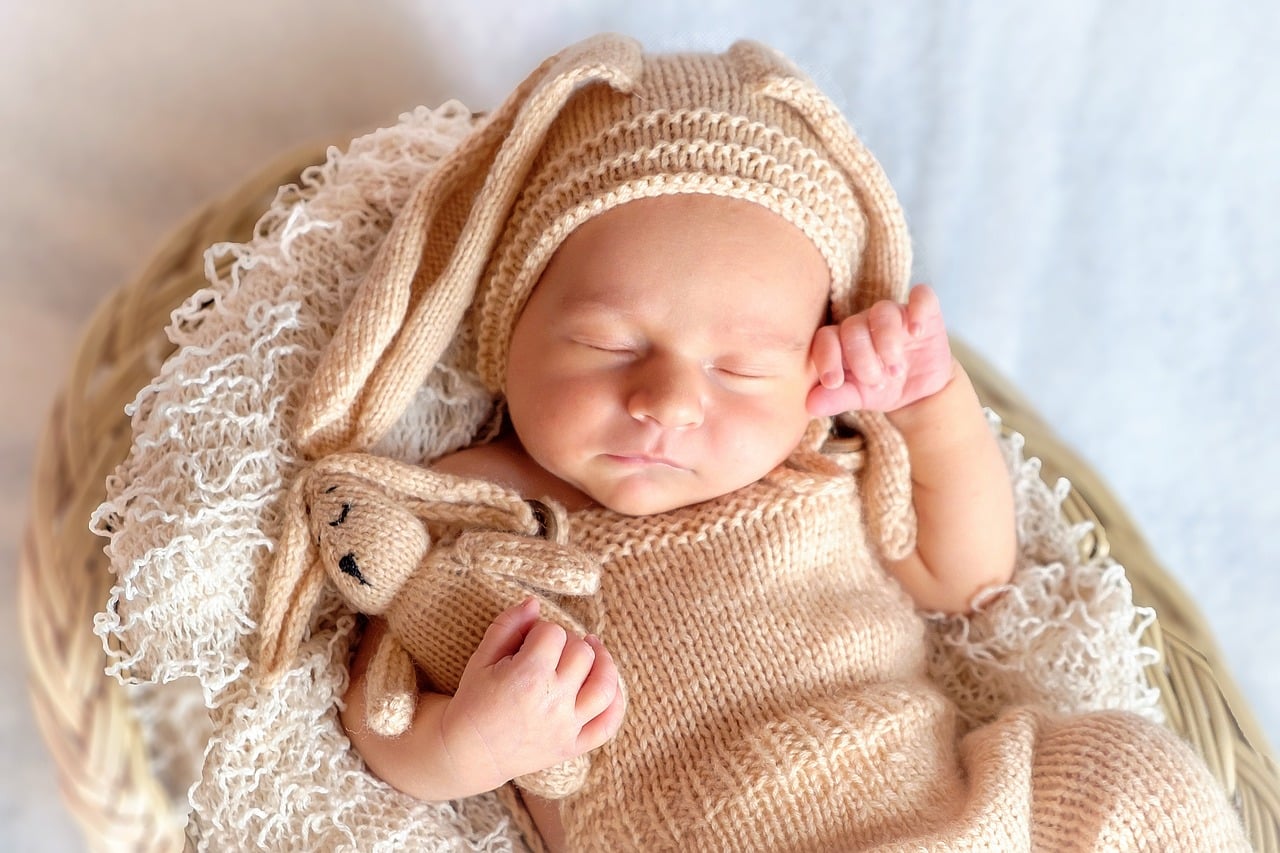Noise-induced hearing loss (NIHL) is a form of permanent hearing loss that occurs from prolonged exposure to loud sounds. This damage happens when high-decibel sounds harm the delicate hair cells in the inner ear, which are responsible for sending sound signals to the brain.
Recently, studies have shown that certain sound machines, often used to help infants sleep, can pose a risk to hearing if not used correctly. Here’s what you need to know to protect yourself and your little ones.
Understanding Noise-Induced Hearing Loss
NIHL develops when sounds reach or exceed 85 decibels (dB), and the risk increases with both the intensity and the duration of exposure. These loud sounds can damage the hair cells in the cochlea, the part of the inner ear that translates sound into signals for the brain. Once damaged, these cells cannot regenerate, leading to permanent hearing loss.
Common sources of noise that can contribute to NIHL include:
- Listening to music at high volumes with earbuds or headphones
- Using power tools such as lawnmowers or leaf blowers
- Attending noisy events like concerts or sports games, such as those held at large venues like Xcel Energy Center
Sound Machines and Hearing Risks for Infants

Sound machines are widely used to soothe infants to sleep by creating a consistent background noise. When used at a low volume, these devices can be helpful, but if they are too loud or used for extended periods, they could potentially harm young, developing ears.
Research indicates that many sound machines can produce noise levels exceeding 50 dB, and if placed close to an infant’s crib, they may even surpass 85 dB, which falls within the range of noise that could lead to hearing damage.
Safe Practices for Using Sound Machines with Infants
To use sound machines safely and minimize the risk of hearing loss in infants, follow these recommendations:
- Position the sound machine at least seven feet away from the child’s crib to reduce the volume reaching the infant’s ears.
- Set the machine to the lowest volume level that is still effective in helping the child sleep, and only use devices with adjustable volume control.
- Use a timer to ensure the machine does not run all night; try to limit usage to less than eight hours whenever possible.
By taking these precautions, you can help protect your child’s hearing while still benefiting from the soothing effects of sound machines. If you have concerns about noise exposure or hearing health, consult a hearing specialist for professional advice.
Newborns typically undergo hearing screenings at birth, but hearing loss can develop or worsen over time, especially with ongoing exposure to loud sounds.
If you’re worried about your child’s hearing or that of another family member, it’s a good idea to schedule a hearing evaluation.
For more information or to book a consultation, contact Midwest ENT Centre about ways to protect and preserve hearing health for all ages.
